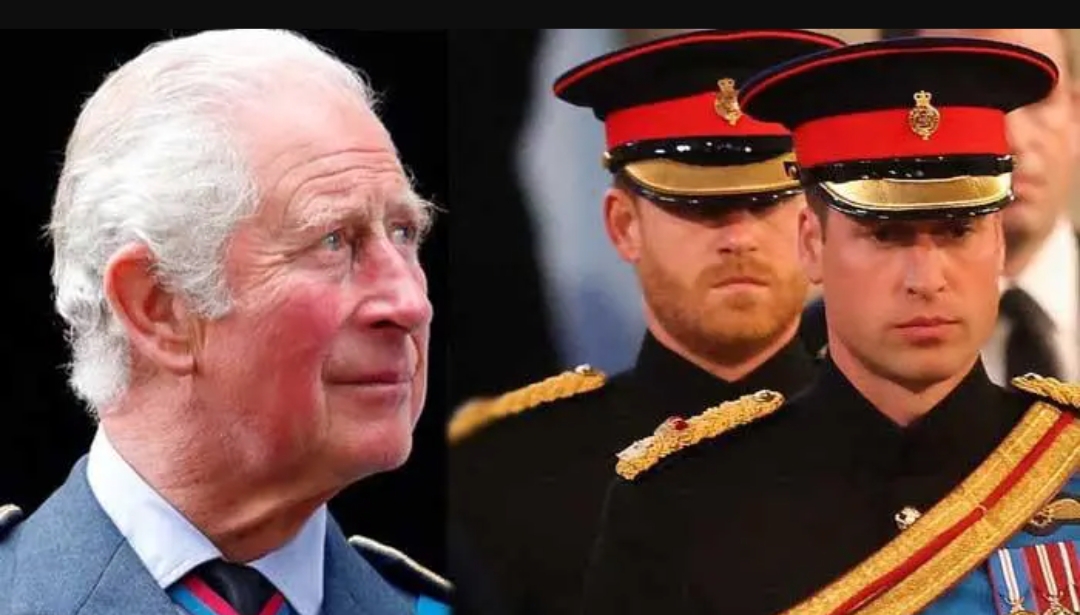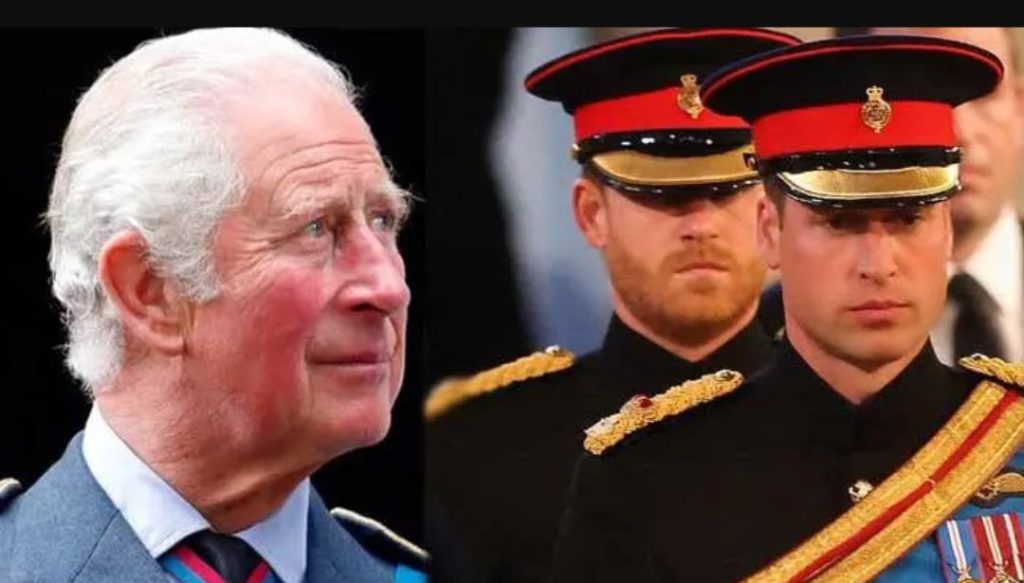
King Charles III, is very unlikely to abdicate anytime soon. The 75-year-old monarch won’t leave the throne for his eldest son William until he is “no longer physically able to do the job”, according to a royal source. However, some anti-monarchy campaigners are hoping that his abdication will be the catalyst for a republican movement in the UK.

Republic, a protest group that calls for the monarchy to be replaced with an elected, democratic head of state, says it has seen more public support, raised extra funds and recruited new members since Queen Elizabeth II died and Charles ascended the throne as king². The group claims that the monarchy is outdated, unrepresentative, undemocratic and expensive, and that the public deserves a choice in who leads the country.
Republic has organised several protests against the new king, who has yet to enjoy the same level of popularity as his late mother. The group plans to disrupt his coronation, scheduled for next month, by marching along The Mall, the road that leads from Buckingham Palace to Westminster Abbey, where the ceremony will take place³. The protesters will carry signs reading “Not My King” and “Abolish the Monarchy”, and boo loudly as the royal procession passes by.
According to Thenews, The group also hopes to influence the public opinion by launching a media campaign, featuring billboards, adverts and social media posts, that will highlight the negative aspects of the monarchy, such as its wealth, privilege, secrecy and interference in politics. Republic says it wants to spark a national debate on the future of the monarchy and the role of the head of state.
However, the group faces a formidable challenge, as the monarchy still enjoys broad support among the British people. A recent YouGov poll commissioned by BBC Panorama showed that 58% of the respondents preferred to keep the monarchy, while only 26% favoured an elected head of state⁴. The poll also revealed that the monarchy has a loyal base of support among the older generations, while the younger ones are more likely to be indifferent or opposed to it.
The monarchy also has the backing of the political establishment, the media and the Church of England, which are unlikely to endorse any radical change to the constitutional order. The coronation, which will be a lavish and solemn affair, will also be a powerful display of the monarchy’s historical and cultural significance, and a reminder of its continuity and stability.
The anti-monarchy campaigners acknowledge that they are a minority, but they believe that they are growing in numbers and influence. They argue that the monarchy is out of touch with the modern and diverse society, and that it is incompatible with the values of democracy, equality and human rights. They also point out that the king has been involved in several controversies, such as his relationship with Camilla Parker Bowles, his views on climate change and architecture, and his alleged meddling in government affairs.
The campaigners hope that the king will eventually abdicate, either voluntarily or under pressure, and that his successor, Prince William, will face more scrutiny and criticism from the public. They also hope that the UK will follow the example of other countries, such as Ireland, France and India, that have abolished their monarchies and become republics




